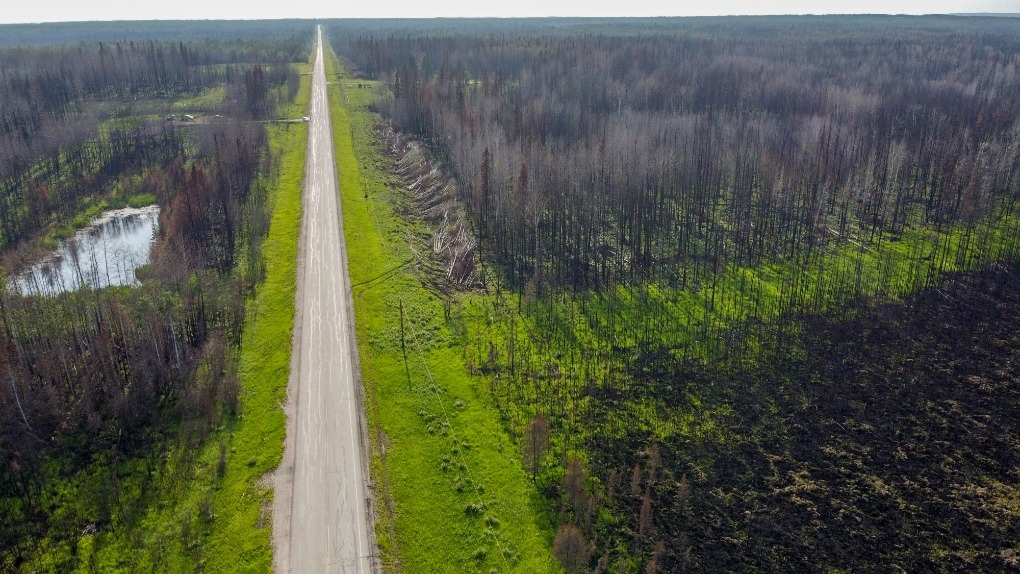
'You've got to move fast': Science learns to quickly link extreme weather and climate
CTV
As firefighters and other first responders battle an unprecedented summer of fires, floods, tornadoes and heat waves around the country, a group of Canadian scientists are asking why they're happening in the first place.
As firefighters and other first responders battle an unprecedented summer of fires, floods, tornadoes and heat waves around the country, a group of Canadian scientists are asking why they're happening in the first place.
"May and June were record hot months in Canada and we've got the record wildfire season as well," said Nathan Gillett of Environment and Climate Change Canada. "Yes, it has been busy."
Gillett heads the Rapid Extreme Event Attribution Project, a new federal program that uses the growing field of attribution science to promptly establish to what extent -- if any -- a specific flood in British Columbia or wildfire in Quebec is due to climate change.
"The idea is to be able to make rapid extreme event attribution days or weeks after the extreme events occur," he said.
Twenty years ago, if you'd asked a scientist if climate change was linked to days of torrential rain or months of desiccating drought, you'd probably get an answer along the lines of "We can't say for sure but this event is consistent with the modelling."
But in 2003, a paper was published suggesting science could do better. Myles Allen of Oxford University borrowed a concept from epidemiology.
"You can say that smoking increases your risk of lung cancer by a certain amount," Gillett said. "In the same way, you can say human-induced climate change increased the risk of a certain event by a certain amount."





















 Run 3 Space | Play Space Running Game
Run 3 Space | Play Space Running Game Traffic Jam 3D | Online Racing Game
Traffic Jam 3D | Online Racing Game Duck Hunt | Play Old Classic Game
Duck Hunt | Play Old Classic Game